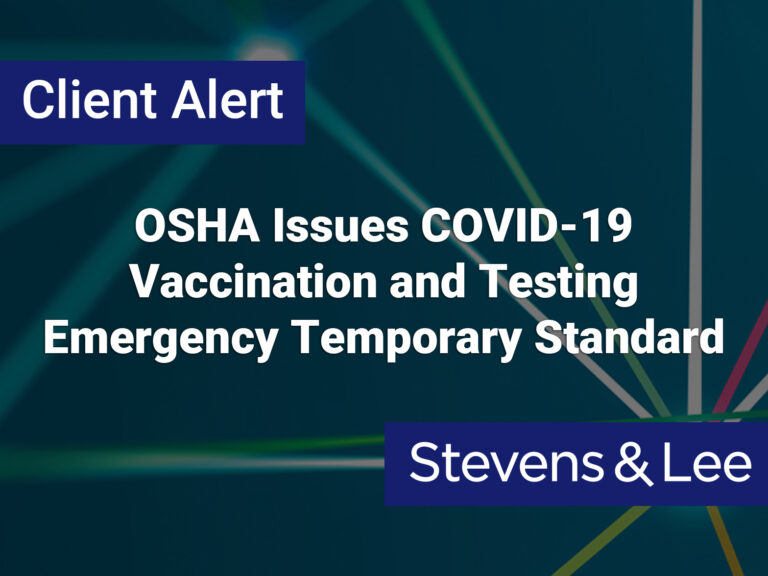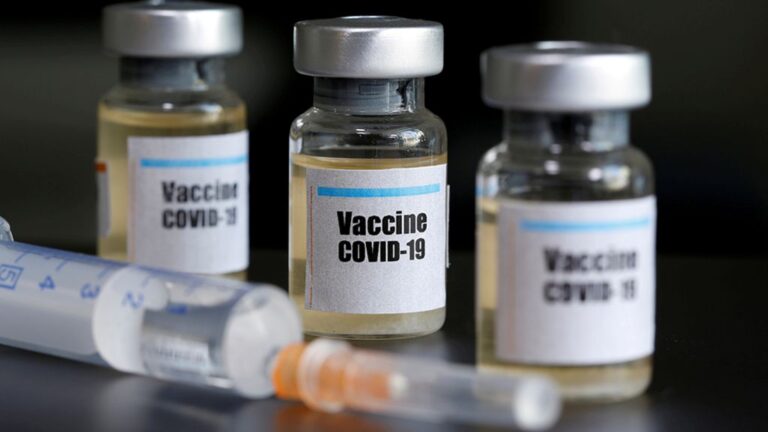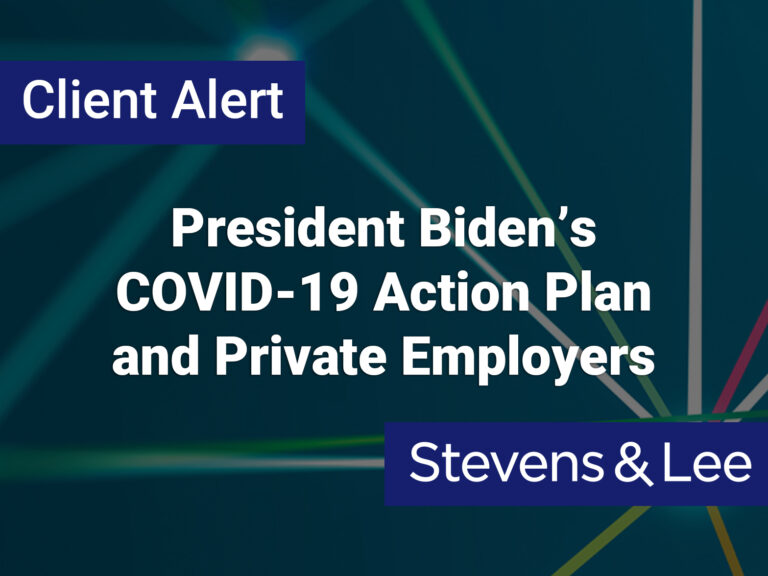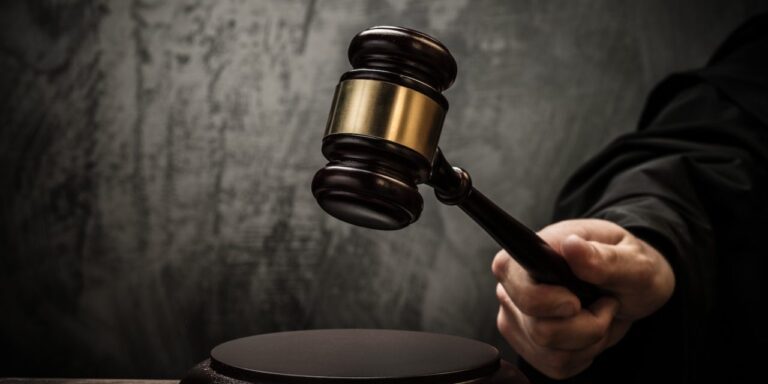
Federal Judge Issues Preliminary Injunction Against Enforcement of President Biden’s Vaccine Mandate
Another federal judge has blocked President Biden’s vaccine mandate, citing states rights issues.

On Friday, November 5, 2021, the Occupational Safety and Health Administration (OSHA) issued a mandate-or-test Emergency Temporary Standard (ETS) that will take effect in January 2022.

We provide answers to some of the most common questions concerning the ETS.

The expanded technical assistance addresses questions about religious objections to employer COVID-19 vaccine requirements and how they interact with federal equal employment opportunity laws.

General Counsel Jennifer Abruzzo stated that “The Board possesses broad discretionary authority to fashion remedies to fit the circumstances of each case that comes before it.”

On September 9, 2021, President Joe Biden announced a six-pronged COVID-19 Action Plan.

Jennifer Abruzzo, the General Counsel for the NLRB, recently issued a memorandum outlining the key labor issues that she wants to target during her term as General Counsel.

The NLRB issued a ruling on August 25, 2021, finding that a New Jersey nursing home violated federal labor law by unilaterally changing its employee health insurance plan.

With the balance of power officially shifting, it will be important for employers to monitor NLRB decisions closely. We will make sure to update this blog regularly to communicate major changes in the law.

The updated guidance accompanies OSHA’s issuance of an Emergency Temporary Standard requiring employers in the health care and related industries to take certain precautions to protect employees from COVID-19.
OSHA recently issued an Emergency Temporary Standard (“ETS”) governing COVID-19 precautions in the health care setting.

The new ordinance makes it an unlawful employment practice for employers, labor organizations, or employment agencies to require prospective employees to undergo pre-hire marijuana screening as a condition of employment in most jobs.
Subscribe for Labor and Employment Law Center Blog Updates

